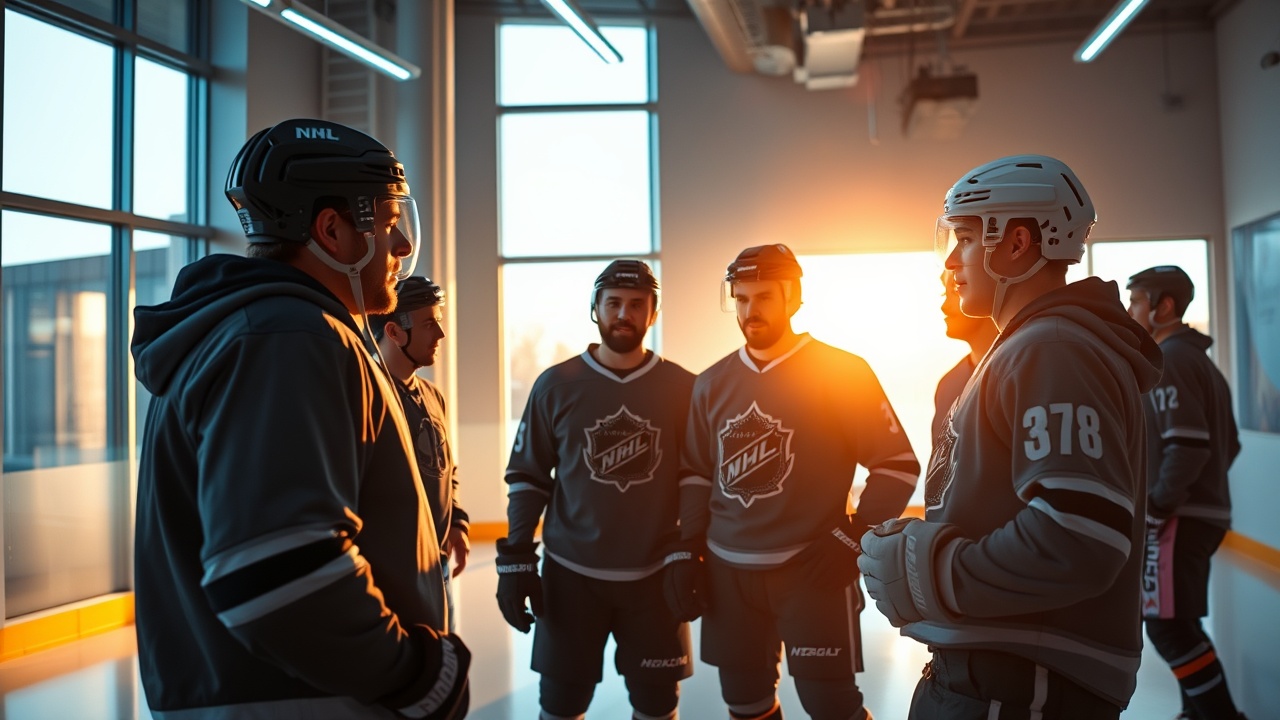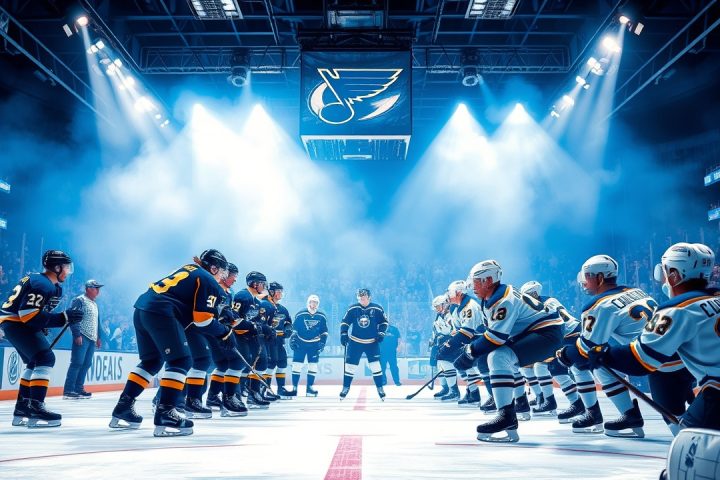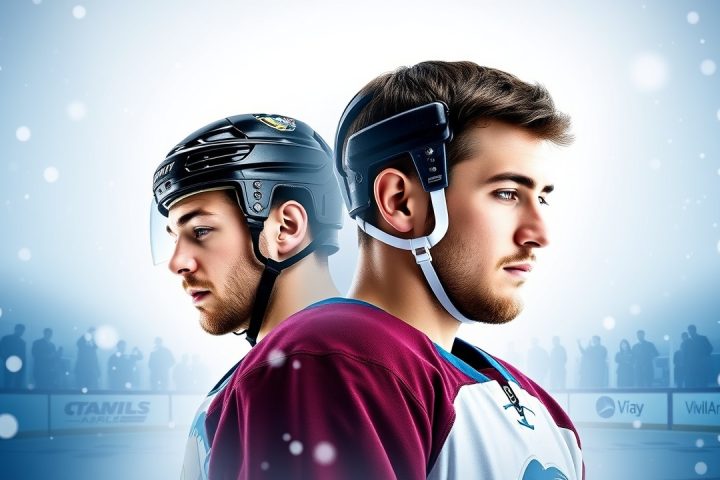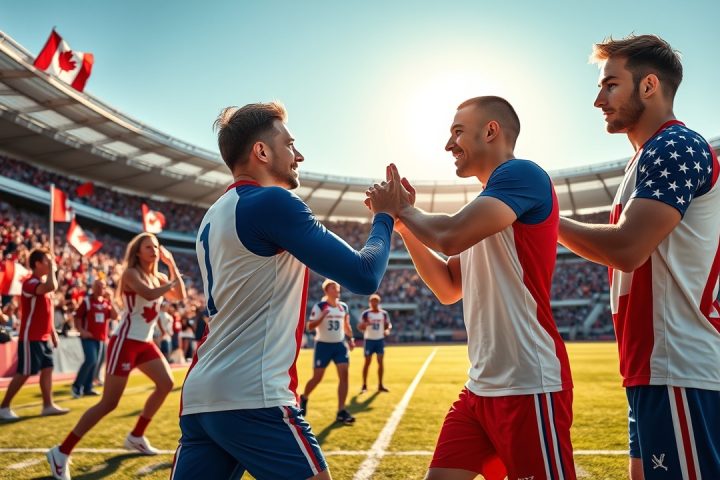Summer Activities and the NHL Season
As summer drags on, professional hockey players find themselves immersed in a world of golfing, weddings, Stanley Cup festivities, vacations, and summertime barbecues, often accompanied by drinks. However, as the NHL gears up for the commencement of the 2025-26 season in October, many players are poised to curtail their alcohol intake, prioritizing an essential aspect of their profession: sleep.
Lessons from Experience
Charlie Coyle, a forward for the Columbus Blue Jackets, recalls a poignant lesson from his cousin Tony Amonte, a retired NHL player. Even before Coyle was drafted, Amonte shared valuable wisdom with Coyle’s father, emphasizing the detrimental effects of alcohol on athletic performance.
“You might have a good time, but it can take you a month to get back to where you need to be,”
Coyle remembers. While it might seem exaggerated, this perspective resonates with him.
The Impact of Alcohol on Sleep
The importance of sleep among athletes cannot be overstated, particularly when considering the negative impact alcohol can have on sleep quality. Dr. Alen Juginovic, a sleep specialist from Harvard Medical School, explained that the liver takes about an hour to break down the alcohol from a five-ounce glass of wine, but this process doesn’t start until the drinker falls asleep. As a result, players who consume alcohol close to bedtime may not experience restorative sleep due to interruptions from alcohol metabolism.
According to Juginovic, many athletes mistakenly believe that alcohol assists in falling asleep quickly. In reality, it disrupts the depth and quality of sleep during crucial phases, particularly the deep sleep stage and REM sleep, both vital for recovery. Those under the influence of alcohol often experience fragmented sleep, leading to micro-awakenings that further impair cognitive function and alertness the following day.
Challenges for NHL Players
For NHL players—whose schedules are notoriously unpredictable—the stakes are even higher. Consider a player waking up in a hotel room after a late-night game or travel; factors like uncomfortable beds, early morning skate practices, and travel fatigue diminish the likelihood of achieving restorative sleep. When combined with alcohol consumption, the situation becomes even more challenging.
Interestingly, players have varying sleep requirements, but experts recommend athletes aim for at least eight hours nightly. Disruptions due to alcohol can jeopardize achieving that goal, subsequently reducing focus, energy, and overall performance on the ice, putting career longevity at risk. In a competitive league like the NHL, where players are constantly vying for their positions, poor performance can lead to dire consequences, including team management seeking alternatives.
Commitment to Recovery
Mark Kastelic, who struggled to attract interest from NHL scouts early in his career, eventually made a name for himself as a fourth-line forward with the Boston Bruins, largely due to his commitment to improvement. Adopting various recovery techniques, including sauna sessions, ice baths, and hyperbaric chambers, he emphasizes the importance of training and maximizing recovery during the offseason.
Kastelic maintains a consistent sleep routine, aiming for early bedtimes, specific sleep environments, and minimizing post-game alcohol consumption, opting instead for recovery-enhancing habits. He is focused on leaving no stone unturned in his pursuit of performance enhancement.
Technology and Sleep Monitoring
Player technology, like the Oura ring used by Toronto Maple Leafs’ Vinni Lettieri, provides analytics on sleep quality and duration. With insights that reveal how even a single drink can disrupt heart rate variability, Lettieri, who boasts extensive minor league experience, remains committed to recovering effectively to secure his place in the NHL.
Prioritizing Performance Over Social Drinking
While Coyle appreciates the camaraderie that can accompany team dinners over drinks, he opts for sobriety, recognizing the detrimental impact of alcohol.
“If I have just one bad night of sleep, it puts us at a disadvantage, especially with our packed schedules. It’s just not worth risking it,”
Coyle asserts.
Experts like Juginovic advocate for moderation, suggesting that if players choose to drink, it should be spaced out over time, with their last drink no less than three to four hours before sleep. Yet he cautions that complete abstention is the best approach for elite athletes who cannot afford any dip in performance due to alcohol-induced sleep disruption.
In the end, the trend among NHL players leans towards prioritizing sleep optimization over social drinking during the demanding season, demonstrating their dedication to peak performance.




